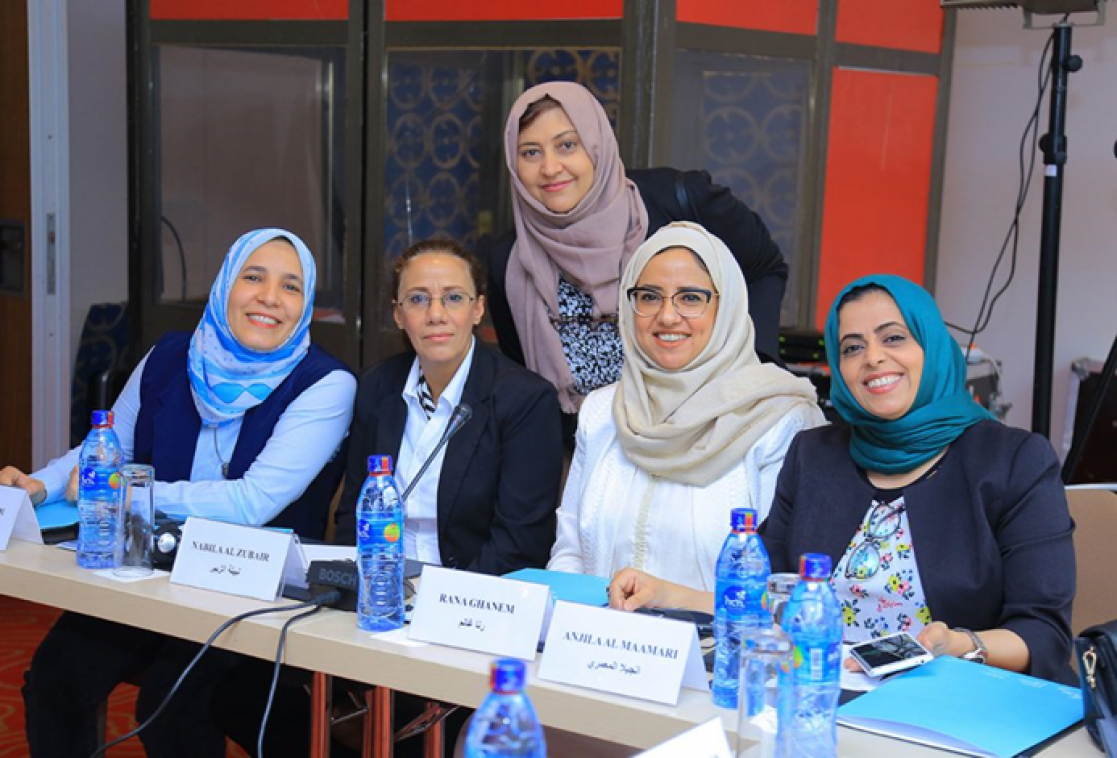Paving the way for a peace agreement in Yemen

"Women participation at the local level will be very effective and important in the peace building process starting from the local level up to the national level," explained Olfat al Dubai, an assistant professor of sociolology at the Taiz University at the first meeting in Cairo.
The meeting in Ethiopia was held on 23 – 25 July and is part of a broader effort by the EU, financed by the Instrument contributing to Stability and Peace (IcSP), and its implementing partners CMI and DeepRoot Consulting to support a negotiated solution to the conflict. The group represented existing women networks, and geographic and political diversity in Yemen. The women paid attention, for instance, to local initiatives, media discourse and reconciliation as prerequisites for a peace agreement.
According to the participants, rehabilitation and initiatives addressing the issue of child soldiers could serve as a confidence building measure among the conflicting parties. To make the media discourse more suitable and encouraging for peace, the women called for the criminalization of media discourse that resorts to hate, extremism, or belittles any entity. The women highlighted also the need for reconciliation.
“This war has broken the social cohesion so we need to start a phase of community participation, before we move to a national reconciliation process. How would to do this? There are a number of steps. First, a law should be enacted to prohibit revenge. After the war stops, each party would want to take revenge. So, such a law must be enacted to stop these vendettas, and to put an end to the divisions by ending discrimination based on geography, such as north and south, and based on secessionist, unionists etc.”, said Nilli Nagi from the Ministry of the National Dialogue Conference in Aden.Dr. Ashwaq Moharrem, a member of the Yemeni Women’s Pact for Peace and Security (Tawafaq), discussed lessons learned on issue-based coalition building and joint action for Yemeni women.

From left: Maeen al Abeidi, Nabila al Zubair, Rana Ghanem, Anjila al Maamari and Dr. Bilkis Abu Osba (in the back) participated in the workshop to identify options and early areas of consensus related to the peace process and the transitional period in Yemen.
Action plan to include women in the peace process
The participants discussed various issues related to the peace agreement and the transitional period, including security and military arrangement, power sharing, sequencing of the transition, as well as necessary reforms to be carried out during this period. They also developed a preliminary draft of possible principles for the peace agreement, which could lay the foundation for broader talks among the conflicting parties on the substantive issues related to the agreement. The group of women also developed an action plan for bringing forward recommendations identified in a workshop in April in Cairo, focusing on inclusion and women’s meaningful participation in the peace process and in broader political decision making processes.




